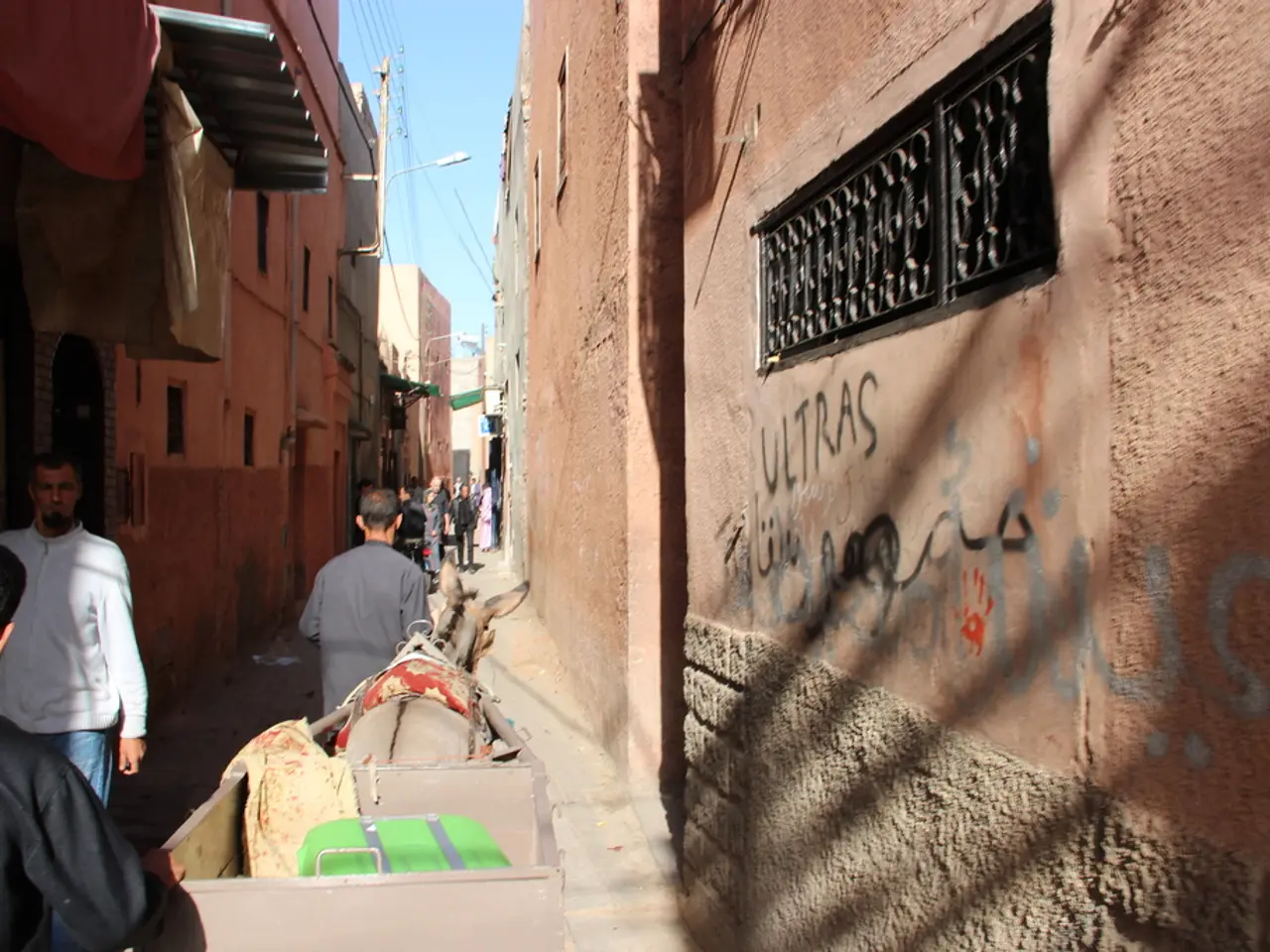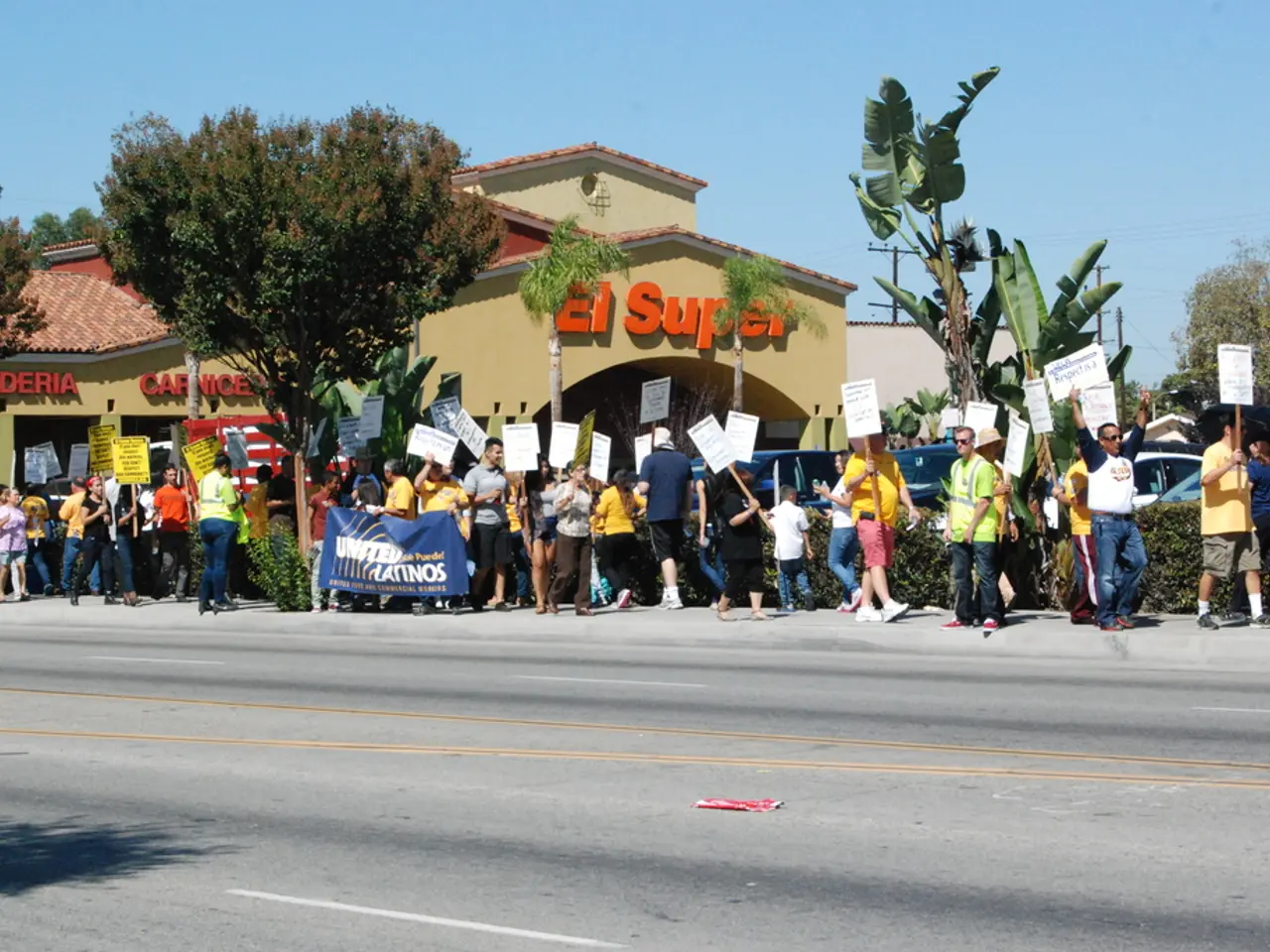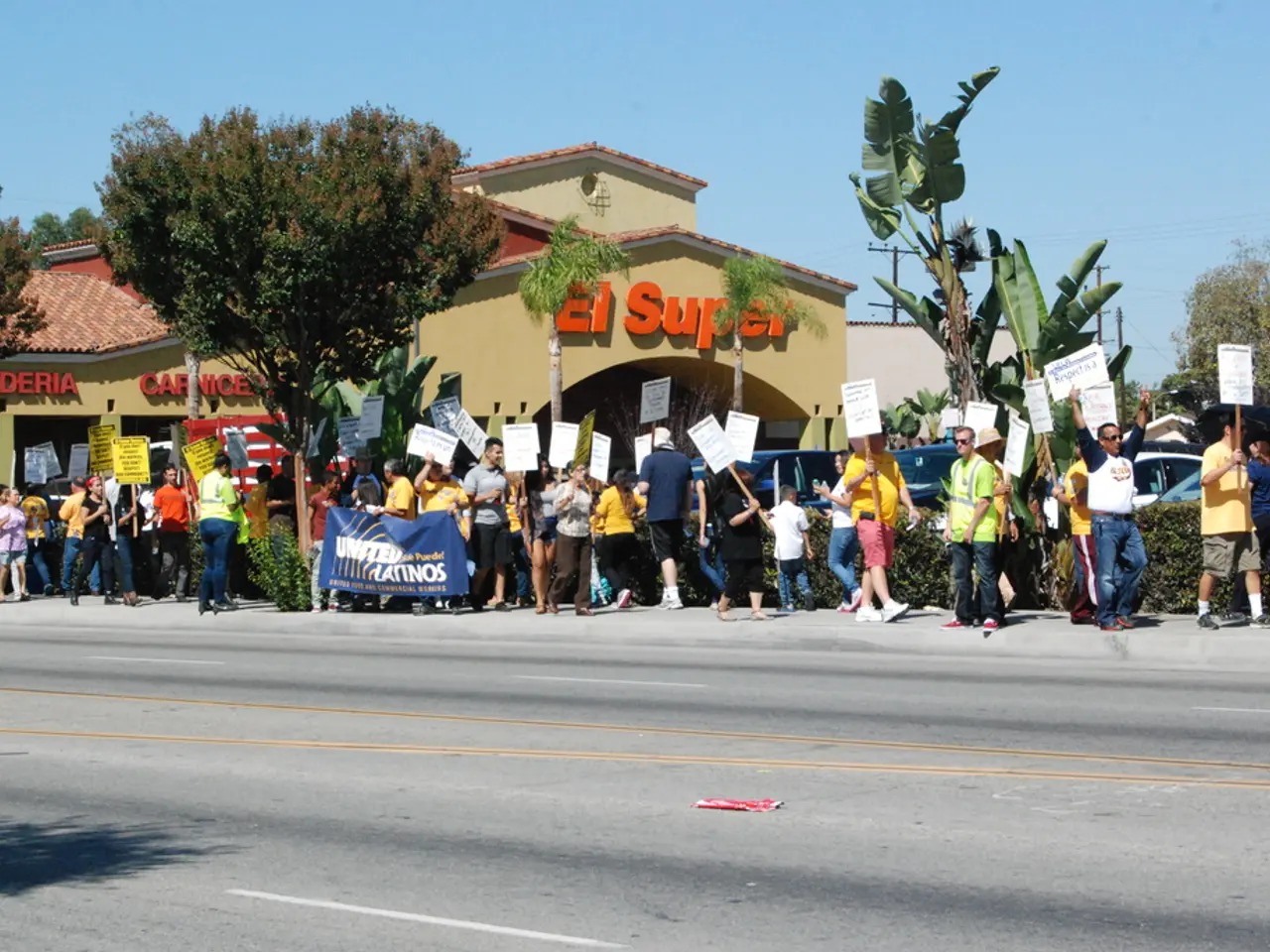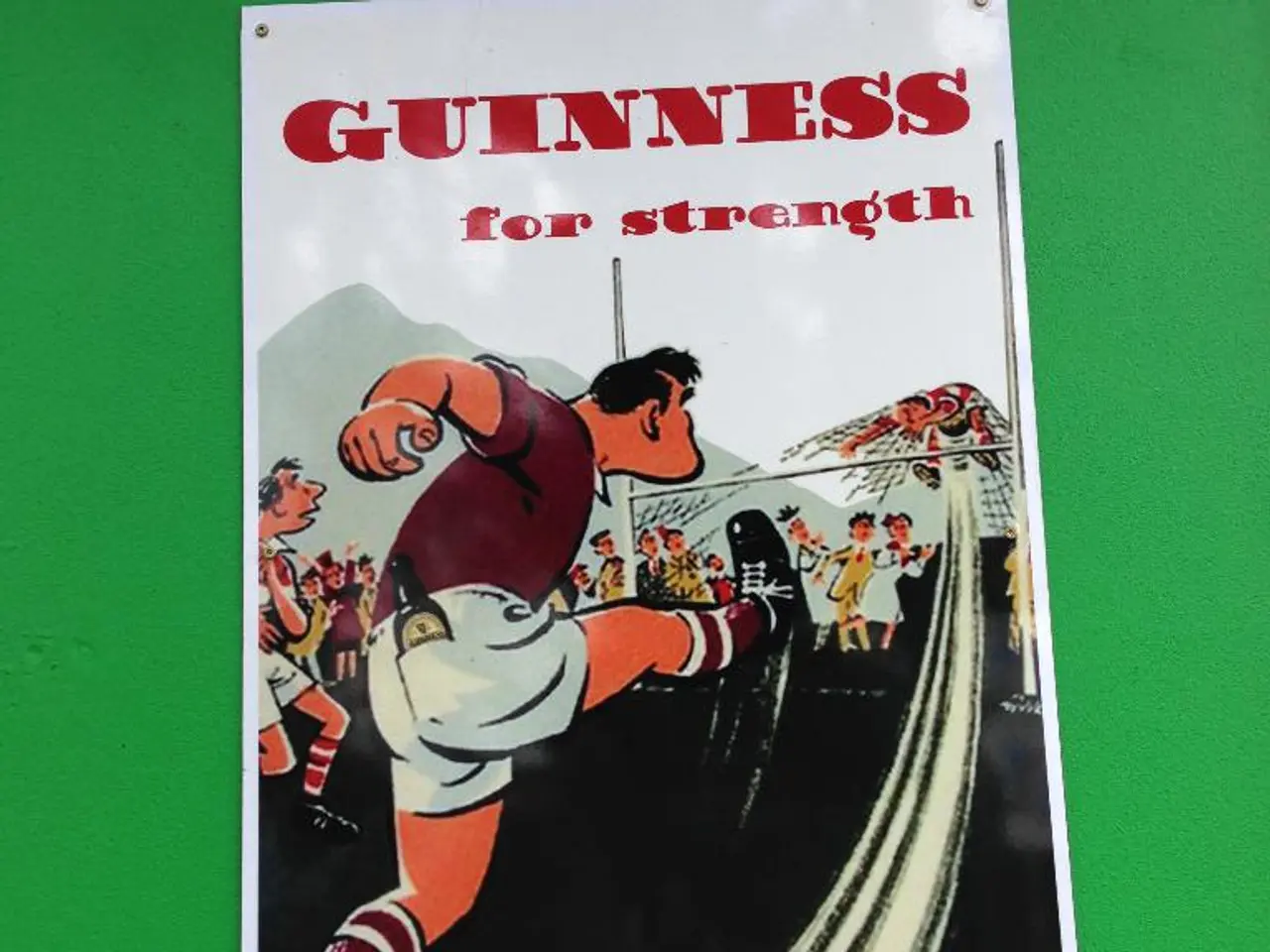Canada should not limit its support for Palestine to simple recognition, but should work actively to promote peace, stability, and self-determination for the region.
In an opinion piece penned by Maureen Fernandes, a Mississauga resident, the focus shifts towards Canada's decision to recognise the State of Palestine at the United Nations General Assembly in September 2025. This decision, according to the article, follows commitments from the Palestinian Authority to reform governance, hold elections in 2026 excluding Hamas, and to demilitarize the future Palestinian state.
The article highlights that this move aligns with a broader effort to support a two-state solution as a pathway to peace and stability in the region. Canadian Prime Minister Mark Carney has reiterated Canada’s steadfast support for Israel’s existence as a secure and independent state, emphasizing that recognition is an act to preserve the possibility of peaceful coexistence rather than an endorsement of any violence.
However, the article does not provide detailed information regarding the implications for multiculturalism, specifically Jewish citizenship in Palestine. Recognising Palestine as a state aims to stabilize governance and security arrangements, which may influence future citizenship and governance frameworks within Palestine. The Palestinian Authority’s commitment to demilitarization and reforms implies a governance structure separate from Israeli control, but Canada continues to emphasize Israel's security and its inalienable right to exist.
Meanwhile, another Toronto resident, Avi Zer-Aviv, an Israeli-Canadian Jew, has begun the process of renouncing his Israeli citizenship and passport due to Israel's conduct in Gaza. This decision reflects the growing dissent among some Jewish citizens regarding Israel's actions in the conflict.
In a separate development, Prime Minister Benjamin Netanyahu's actions in the Gaza conflict have been criticized for hardening his heart with hatred and anger. The humanitarian crisis in Gaza has become unbearable for many, including Canadians and much of the global community. Many countries are now demanding an end to the starvation and deaths of civilians in Gaza.
Bruce Couchman, another Toronto resident, believes Canada should encourage Palestine to allow Jews who have recent ancestral connections to Palestine or another Arab country to become full citizens of Palestine. However, the article does not mention any specific actions or initiatives that Maureen Fernandes is advocating for regarding the Gaza conflict.
The article also does not state whether Maureen Fernandes supports or opposes the actions of any political leaders or countries involved in the Gaza conflict. Similarly, it does not mention whether Maureen Fernandes has any connections to Israel or Palestine, or any affiliations with any political parties or organizations.
In conclusion, Canada’s recognition of Palestine is a diplomatic step intended to support peace negotiations and humanitarian efforts, reflecting complex international positions that balance Palestinian statehood aspirations with Israeli security concerns. It does not directly address Jewish citizenship status within Palestine but implies recognition of a distinct Palestinian governance entity alongside Israel. The ongoing crisis in Gaza continues to spark debate and dissent among Canadians and the global community.
[1] Source 1 [2] Source 2 [3] Source 3 (These sources are not provided in the bullet points)
- The opinion piece by Maureen Fernandes discusses Canada's recognition of Palestine as a state, occurring at the United Nations General Assembly in September 2025, based on commitments from the Palestinian Authority.
- The commitments mentioned in the article include reforming governance, holding elections in 2026 exclusive of Hamas, and demilitarizing the future Palestinian state.
- The move to recognize Palestine is presented as supporting a two-state solution for peace and stability in the region.
- Canadian Prime Minister Mark Carney supports Israel's security and its right to exist as a secure and independent state.
- Avi Zer-Aviv, an Israeli-Canadian Jew, has recently started the process to renounce his Israeli citizenship due to Israel's actions in Gaza.
- The article does not provide information on future citizenship and governance frameworks within Palestine, specifically regarding Jewish citizenship.
- Bruce Couchman, another Toronto resident, proposes that Palestine should allow Jews with recent ancestral connections to Palestine or another Arab country to become full citizens of Palestine.







